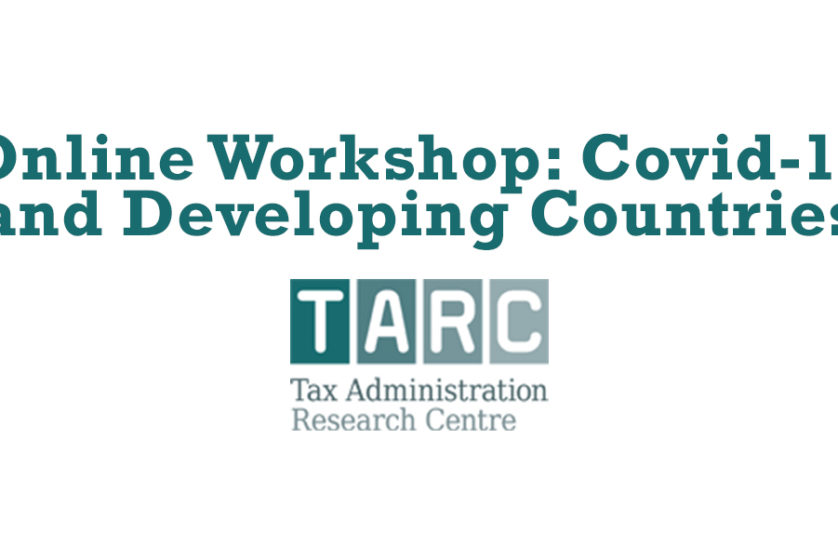Public Policies, Institutions and Developing Countries: What are the strategic challenges to address the impact of the Covid-19 pandemic?
The Covid-19 pandemic has had a devastating impact on the health and social fabric of society, and the economy of countries across the globe. All countries to date have reported Covid-19 infected cases, but they have followed different trajectories, as both their exposure to the virus, response, and level of preparedness have differed. Developing countries in particular are likely to be hit hardest, and the impact can be more long-lasting aggravating existing challenges.
The response of countries to control the spread of Covid-19 has been to impose movement restrictions (‘lockdown’). How effective mobility restrictions have been in halting the spread of Covid-19 in developing countries? How do optimal policies to control the spread of the pandemic vary across countries? And how do they depend on factors such as demography, comorbidities, health system strength as well as poverty? Has lockdown policies affected conflict?
Revenue mobilisation in developing countries has been an urgent issue over the years but now with the pandemic it becomes more even more challenging as governments announce relief measures to ease the impact of the pandemic. To what extent do relief measures reach households and more vulnerable groups in particular? How are attitudes towards taxation changing in response to the crisis? These are some of the important issues the workshop addresses.
Speakers include David Lagakos from the University of California, Ingvild Almås from IIES Stockholm University, and ICTD Research Director Giulia Mascagni.
Covid-19 & Developing Countries Workshop Programme
- 11:30-12:00 Tushar Bharati Pandemic Catch-22: How effective are mobility restrictions in halting the spread of Covid-19 in developing countries? University of Western Australia Business School
- 12:10-12:40 Enerelt Murakami The potential impact of the Covid-19 pandemic on the welfare of remittance-dependent households in the Philippines. JICA Research Institute Tokyo Japan
- 12:50-13:20 Giulia Mascagni Tracking Covid-19’s impact on tax in Africa: Formal and informal tax burdens, tax attitudes, and the reach of tax relief. International Centre for Tax and Development & Institute of Development Studies, UK
- 14:00-14:30 Ingvild Almås & Tillmann von Carnap The macroeconomics of pandemics in developing countries: An application to Uganda. Institute for International Economic Studies, Stockholm University, Sweden
- 14:40-15:20 David Lagakos How should policy responses to the Covid-19 pandemic differ in the developing world? University of California USA
- 15:30-16:00 Rohit Ticku Shutdown Policies and worldwide conflict. Chapman University, USA
This event is hosted by the Tax Administration Research Centre (TARC). TARC is an ESRC funded Research Centre based at the University of Exeter Business School. Their mission is to deliver outstanding interdisciplinary research in tax administration and policy that addresses the major challenges and strategic priorities confronting policymakers and tax authorities today. For more information, visit the TARC website here.
Read our related blogs
- Fill the gaps, feel the pain: Insights from Sierra Leone on an epidemic’s impact on local taxation, public services, and the poor by Vanessa van den Boogaard
- To fight Covid-19, only the formal economy is getting tax breaks. The informal economy may be asked to foot the bill by Max Gallien & Vanessa van den Boogaard
- How can African tax collectors help cope with the economic impacts of Covid-19? by Mick Moore
